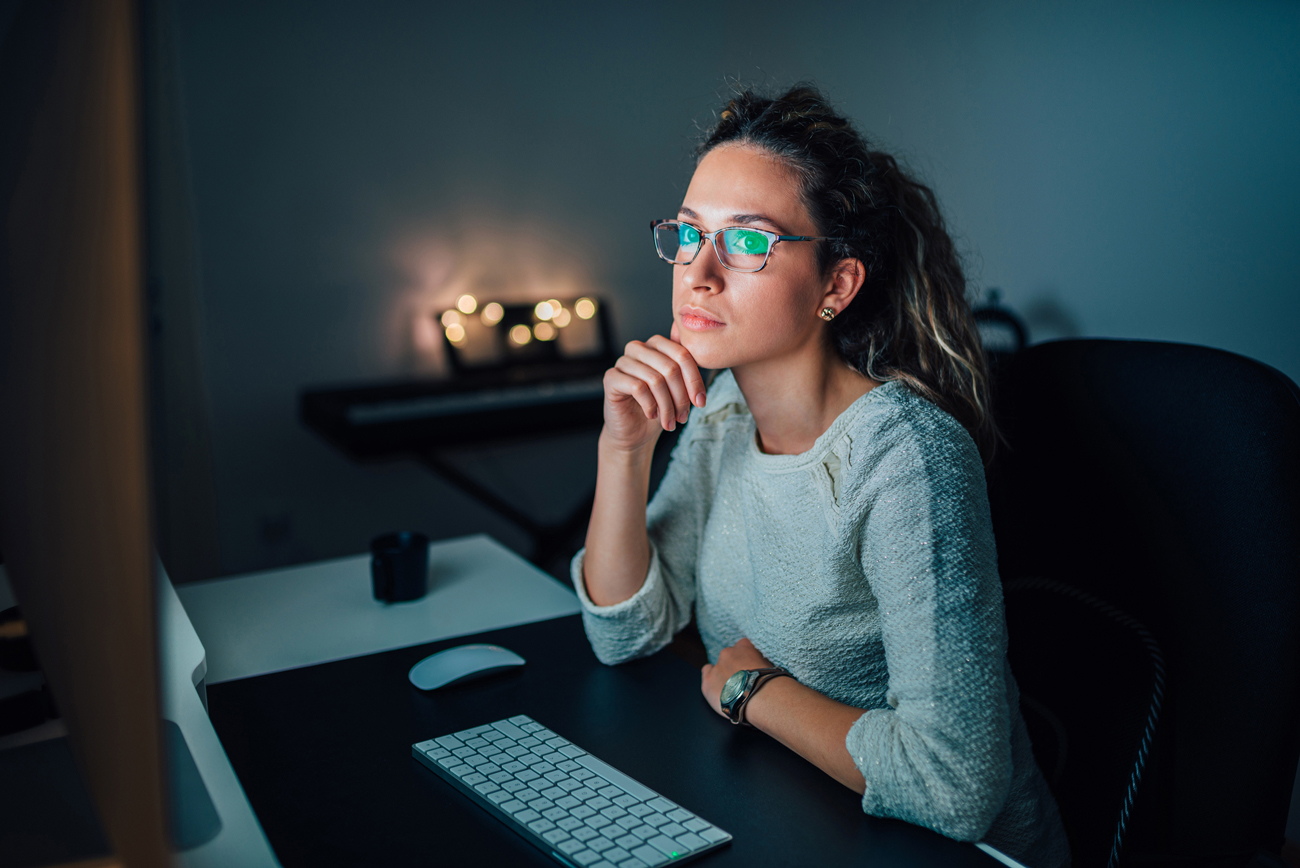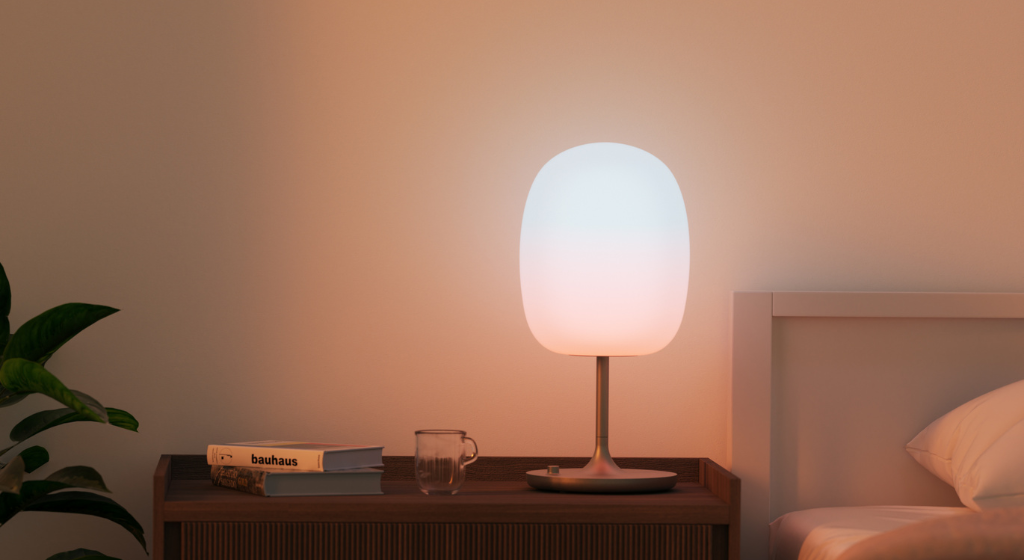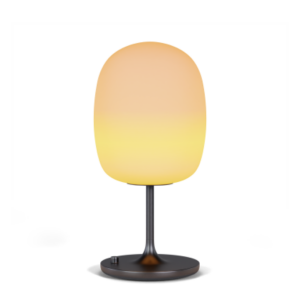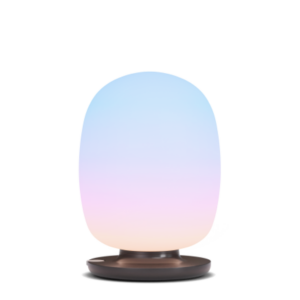Blue light blockers have risen in popularity over the years – screen covers, glasses, no matter what form it comes in, it seems like everyone is telling us that you need them. But here’s the thing, we need blue light to survive. It does everything from boosting alertness, helps memory and brain function, elevating mood, and regulating our circadian rhythm and hormonal balance.
So why does it get a bad rep? We’ll examine the science and help you understand when you should and shouldn’t need blue light.





